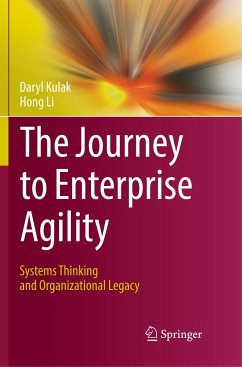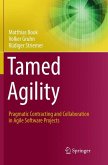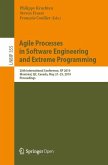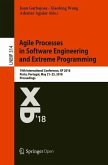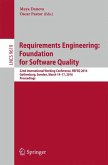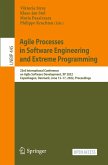This is the first book to seriously address the disconnection between nimble Agile teams and other groups in the enterprise, including enterprise architecture, the program management office (PMO), human resources, and even business executives.
When an enterprise experiments with practice improvements, software development teams often jump on board with excitement, while other groups are left to wonder how they will fit in.
We address how these groups can adapt to Agile teams. More importantly, we show how many Agile teams cause their own problems, damaging scalability and sustainability, by requiring special treatment, and by failing to bridge the gaps between themselves and other groups. We call this phenomenon "Agile illth."
Adopting a set of "best practices" is not enough. All of us, Agile teams and the corporate groups, must change our intentions and worldviews to be more compatible with the success of the enterprise.
Join us on the journey to enterpriseagility. It is a crooked path, fraught with danger, confusion and complexity. It is the only way to reach the pinnacles we hope to experience in the form of better business value delivered faster for less cost.
When an enterprise experiments with practice improvements, software development teams often jump on board with excitement, while other groups are left to wonder how they will fit in.
We address how these groups can adapt to Agile teams. More importantly, we show how many Agile teams cause their own problems, damaging scalability and sustainability, by requiring special treatment, and by failing to bridge the gaps between themselves and other groups. We call this phenomenon "Agile illth."
Adopting a set of "best practices" is not enough. All of us, Agile teams and the corporate groups, must change our intentions and worldviews to be more compatible with the success of the enterprise.
Join us on the journey to enterpriseagility. It is a crooked path, fraught with danger, confusion and complexity. It is the only way to reach the pinnacles we hope to experience in the form of better business value delivered faster for less cost.

